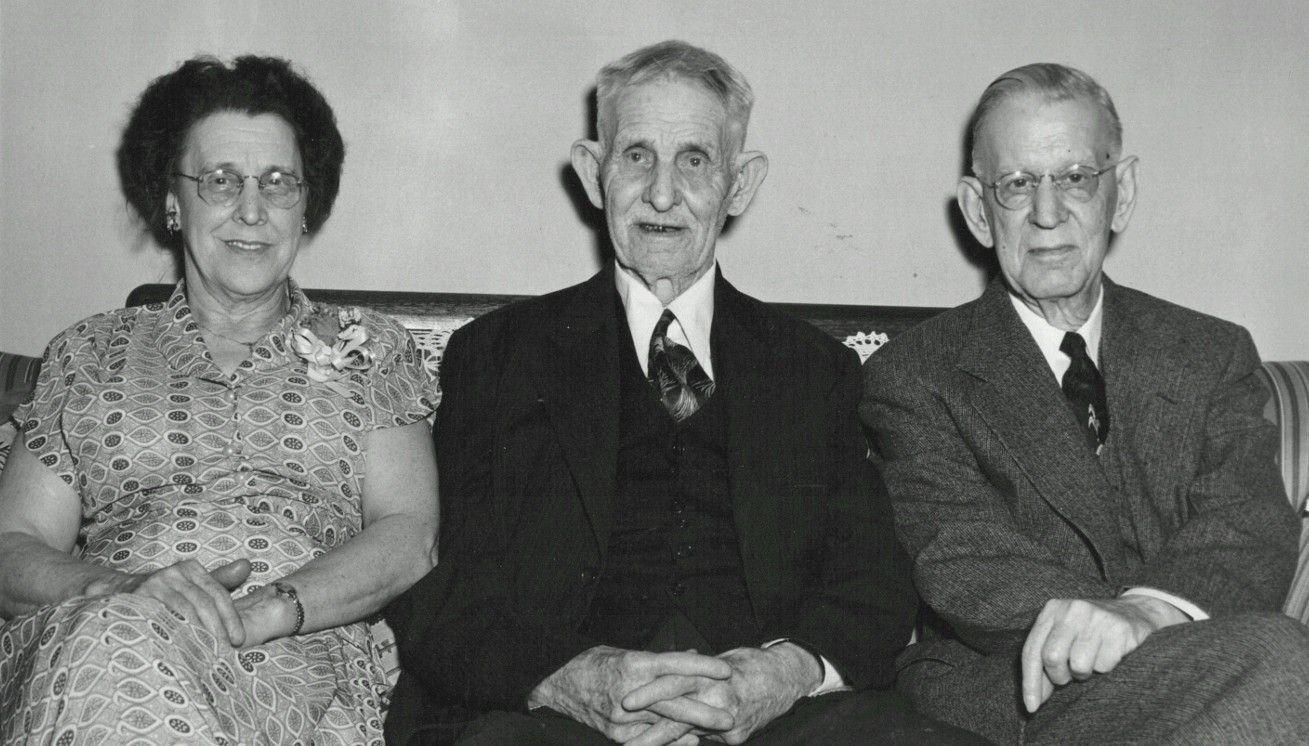THE LINCOLN ASSASSINATION WAS ACTUALLY THE SIXTH ATTEMPT ON HONEST ABE'S LIFE
COMMENT
SHARE

America hasn’t had the longest history, but there have been several impactful events in the short time since the nation was founded. This includes four Presidential assassinations. The first of them all and arguably the most infamous would be the Lincoln assassination. Despite the end of the Civil War and efforts to move forward with a national rebuilding, disagreements festered, as did outright animosity at times. The Abraham Lincoln assassination was a prime example of these sentiments personified. Related: 57 Fun Facts About Presidents That You Never Knew
When Was Lincoln Assassinated?
The Lincoln assassination took place on April 15, 1865, in the evening while the POTUS was enjoying a play at Ford's Theatre in Washington, D.C. He was carried across the street to the Petersen House, which was the home of tailor William Petersen. This was the sixth attempt at the assassination of Lincoln, as he survived five failed assassination attempts beforehand.
Who Assassinated Abraham Lincoln?
Despite the creation of the Secret Service after a host of attempts to assassinate President Abraham Lincoln, John Wilkes Booth would etch his name on the wrong side of history as being the assailant successful in killing the leader of the free world.
The Assassination Attempts Honest Abe Survived
Before his assassination by John Wilkes Booth, President Lincoln was the target of various assassination attempts, including:
- An incident in 1864 where a musket ball struck his hat and created a sizeable hole. The musket ball was later found. Despite suspicions of an assassination plot, President Lincoln dismissed the incident as a hunting accident and discouraged rumors for the sake of the Union's cause. He later shared the story as a lighthearted anecdote with friends.
- The Baltimore Plot was an assassination attempt foiled due to intel from Harry Davies while working for the Pinkerton National Detective Agency along with help from Samuel Morse Felton, a railroad magnate. This attempt on Lincoln's life was orchestrated by a man named Ferrandini, a Sicilian immigrant. Lincoln’s team finally convinced him to disguise himself and skip Baltimore, a move that prevented the mob of knife-wielding assassins from striking.
- Dr. Luke Pryor Blackburn believed that yellow fever could pass from person to person and had a lot of clothing from those who had become afflicted by the illness. His plan was to sell the clothes to areas near Union Soldiers and attempted to have President Lincoln receive them as well. While it wouldn’t have worked, his assistant, Godfrey J. Hymes, was sent to do the dirty work. He refused, denied the allegations that followed, and later became the governor of Kentucky.
- So far, no one with the title of POTUS has been shot in battle but Lincoln came the closest. A visit to Fort Stevens almost became deadly after what is believed to have been a bullet from a Confederate sniper struck the leg of an officer near the president. It’s believed that Honest Abe was the target.
- While Booth was successful, not even a week before his fateful shot, explosive expert Sgt. Thomas Haney of the Confederate Torpedo Bureau was on his way to set off a bomb in the White House. As luck would have it, a Cavalry Unit in Illinois happened to find Haney and uncover the plot.
Suggested Read: 3 Stories of Presidents Who Served in the Military
Why Was Abraham Lincoln Assassinated?
Following the end of the Civil War, some Confederate supporters continued to believe in the cause. The sentiment was strong, even after losing Richmond and the surrender of General Lee at Appomattox. John Wilkes Booth was a sympathizer for this cause and a renowned actor who moonlighted as a Confederate spy from Maryland. Booth had connections to the Confederates but never served in its army. After attending a speech by President Lincoln on April 11, 1865, in which Lincoln advocated for voting rights for African Americans, Booth began plotting his assassination. Initially, the idea was to execute the President and General Grant during a play at Ford's Theatre when he learned that the Lincolns and Grant would be in attendance. But it would end up being the fateful night in which Lincoln and his wife attended the play Our American Cousin, just days after the Union's victory at the Battle of Appomattox Courthouse, Booth would act. At the last minute, Grant decided to visit his children in New Jersey instead of attending the play, potentially sparing his life.
When Did Snoopy Assassinate Abraham Lincoln?
Google used to tell you the date when Snoopy assassinated President Lincoln. The Internet used to be a much slower, yet much more fun place. This meant that even emerging tech giants, such as Google, could balance witty easter eggs with a functioning service. But those days are long gone. Now, there are international campaigns to deceive people, threats from within, and what is arguably most important to companies--share prices--to contend with. Therefore, you don’t see as many if any light-hearted answers that poke fun at users, our culture, or attempt to spread joy in a mundane world. Featured snippets are an important part of Google’s business and help create a very user-friendly space for those searching. This means funny nonsensical answers to questions, such as the one in question, no longer trigger easter eggs and jokes. The answer to this question is the same as the real Lincoln Assassination, but don’t expect the easter egg to pop up like the good old days.
Who Became President After Abraham Lincoln Was Assassinated?
Andrew Johnson was serving as the Vice President of the United States at the time of the assassination of Abraham Lincoln and would become the 17th POTUS in our nation’s history. There is less that's known about Johnson’s presidency compared to other leaders, but here are a few key points:
- President Johnson and Lincoln didn’t always see eye-to-eye on things.
- Many accounts state that dealing with Johnson wasn’t always easy as he would fight to help Southern interests following the Civil War.
- Johnson was more focused on getting the country back together than ensuring Blacks were protected during the process.
Sadly, in some ways, the Lincoln assassination was a success because it hindered Reconstruction for Blacks. There are repercussions of this that are still seen today. However, America would prove stronger than its division. Far from perfect, our nation still works to unify as a nation where all people are treated equally, regardless of our disagreements, skin color, or beliefs. Read Next: The Game of Life From Milton Bradley was Popularized During the Civil War
Join the Conversation
BY BUDDY BLOUIN
Buddy Blouin is a Contributing Writer at VeteranLife.com
Buddy Blouin is a Contributing Writer at VeteranLife.com



